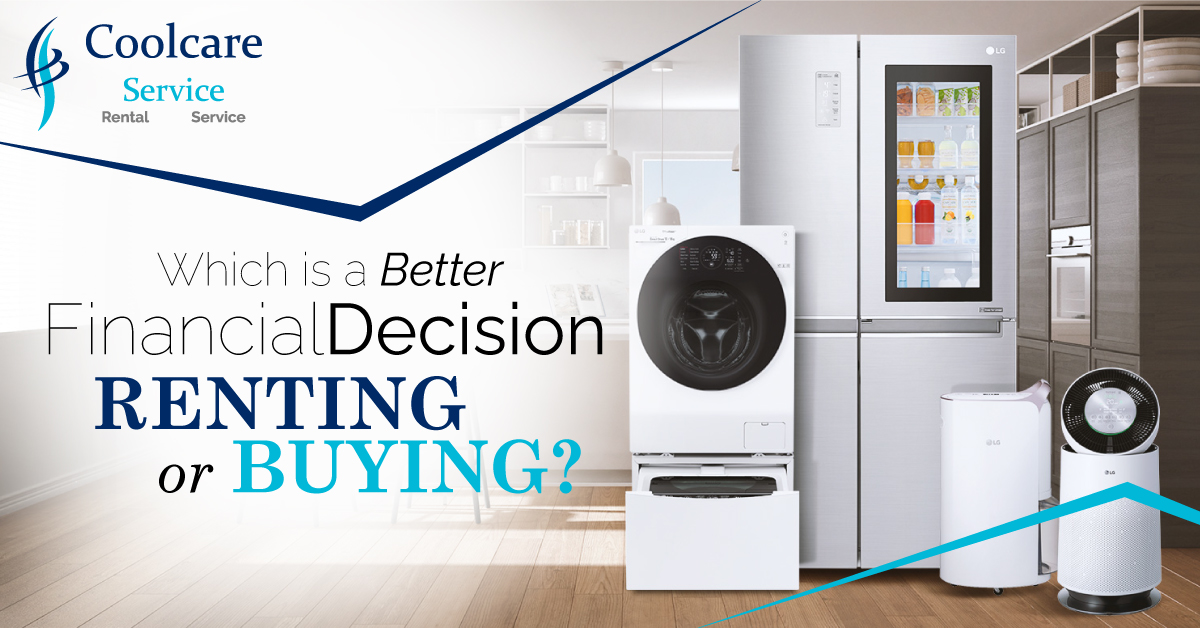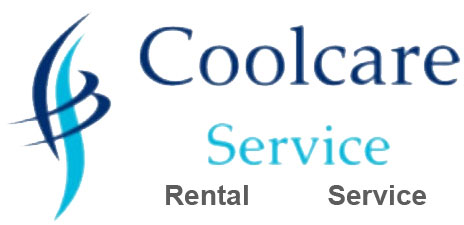
Which Is A Better Financial Decision – Renting or Buying?
Every day, business owners must make dozens of complex financial decisions. It doesn't matter if you're talking about employee benefits, inventory management, marketing budgets, or the cost of goods and services; all decisions must be made based on one business metric: cash flow. It is critical to the health of your organization, and it is a significant factor in deciding whether or not to invest in infrastructure, equipment, and products.
If your business is expanding, you'll need to decide if it's more cost-effective to lease or buy your new office space, a new multi-function printer/copier, an upgrade to your service vehicle fleet, or new furniture for your retail store. Before settling on a financing arrangement, you should keep a few other things in mind. Cash flow, prospective tax advantages, and how frequently technology evolves are among the most critical factors when making a business decision. If you're not sure if leasing is right for your company, here are a few reasons why:
The Cost of Leasing Isn't Higher
Since leasing involves a long-term commitment to a provider, many businesses assume that adding interest, end-of-lease trickery, and other hidden expenses will result in a higher overall cost of ownership. Exaggerated unpleasant experiences and unsubstantiated rumors drive these broad generalizations about leasing. Proper planning and evaluation of lease agreements should always be part of the leasing process.
The cost of a lease is higher than the cost of paying a large sum of money upfront, although this is not always the case. Tax considerations, cash flow issues, and other ownership costs mean that leasing an asset may be a better financial decision than purchasing one.
When you lease rather than buy an asset, you receive more for your money, including the ability to upgrade your technology, scheduled servicing and maintenance if there are breakdowns, and even the chance to buy at a considerably reduced rate or sell the asset on for a profit.
Despite the seeming simplicity, purchasing is not always the more cost-effective option, offering significantly less flexibility than leasing. Many more options are available when leasing an item to ensure you get the most value.
Modularity that's easy to upgrade
Technology is advancing at an ever-increasing rate, which can be advantageous for your company but also has drawbacks. When a newer and better version of technology emerges, many devices our organizations have come to rely on are quickly rendered outdated. To be at the top of our game, we often find ourselves in a position where we must constantly upgrade our operations with new equipment every few months. In a few months, you'll no longer be able to use it because it'll be in the junkyard.
Most leases allow you to upgrade as part of your agreement, unlike when you buy an asset. This asset refresh saves you money by allowing you to stay current and eliminates the hassle of disposing of old equipment because it is returned to the lessor. If the returned items still have some economic value, you might be able to trade them in for a discount on the newer models. Phones, laptops, and even things like trucks and planes can be kept up to date through your lease without all the stress, responsibility, and waste of updating bought equipment.
It's common to practice upgrading cell phone contracts, so why not do the same with our investments?
Reduction in Ownership Responsibilities
Although purchasing gives your organization full ownership of the assets, this is not always good. Your responsibility is to dispose of the investment ethically and legally when it has outlived its usefulness if you own it.
Your company has the option of reselling the asset, but this comes with several issues, including: How long will it take for the equipment to be sold? What if you lose money? Is there any value in the asset?
Then you must consider what to do if you can't sell it. Is there a specific method for getting rid of it? Recyclable materials include what? It's going to cost how much to transport it.
The most excellent element of a leasing arrangement is that the equipment is returned to the lessor after the lease is over. Furthermore, there are a variety of arrangements that can be established regarding the asset's future:
- A lessee can extend their lease and continue to use the equipment.
- A lessee can purchase the asset at a reduced price and fully control it.
- A lessee can function as a sales representative for the lessor and assume the risk of selling the asset.
- If the lessee wishes, the lessor can dispose of the equipment cost-effectively and environmentally friendly manner.
Renting a property allows you to weigh your options before deciding whether or not to accept the danger of claiming full ownership while still reaping all of the advantages of its use.
Consult your accountant, tax advisor, or CPA before making a significant choice. Add your lawyer to the mix if there is a contract involved. This decision depends on your circumstances, so there's no one-size-fits-all answer. At the very least, considering the advantages and disadvantages of each option on this list can assist you in making an informed decision.



